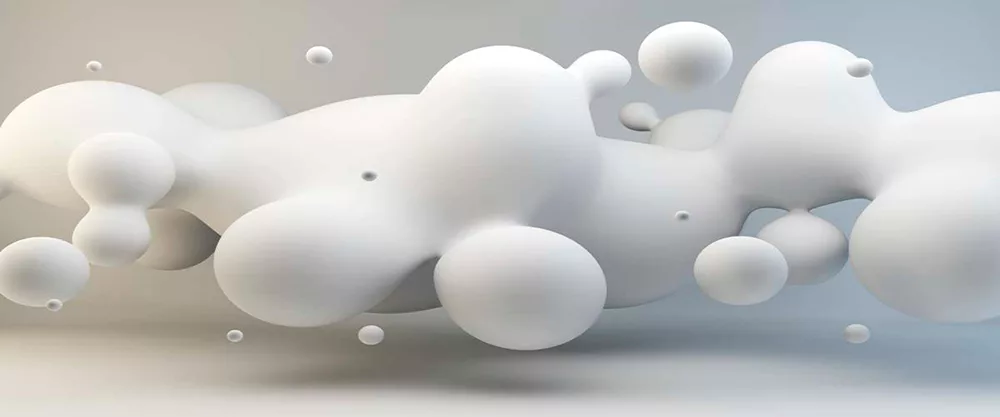Excipients in Pharma Manufacturing:
Why are They Important?

Priya Bhat | Posted on October 5, 2023
Introduction
Why are Excipients Important?
Excipients frequently play a crucial but underrecognized role in the pharmaceutical industry. Think of them as the stagehands in a theater production; you may not see them, but without them, the show can’t go on.
What are Excipients?
Excipients are ingredients other than the API that are included in the manufacturing process for, for example, flavor, volume, or taste.

Types of Excipients
Understanding the various types of excipients and their roles can provide valuable insights into drug formulation and efficacy. Here are some of the key types:
-
-
-
Fillers (Diluents)
Fillers like lactose and microcrystalline cellulose add bulk to the formulation, especially when the active ingredient is too small to handle. -
Binders
Substances such as povidone and starch help bind the components together, giving solid form to the drug like tablets or capsules. -
Lubricants
Magnesium stearate and talc are used to prevent sticking during the manufacturing process, ensuring that tablets eject smoothly from the molds. -
Disintegrants
Croscarmellose sodium and corn starch help tablets and capsules disintegrate into smaller particles when they come into contact with liquid, facilitating faster absorption of the active ingredient. -
Glidants
Colloidal silicon dioxide improves the flowability of powder mixtures during the manufacturing process. -
Antiadherents
Talc and cornstarch are commonly used to reduce the stickiness of the tablet surface, ensuring smooth manufacturing and handling. -
Preservatives
Benzoic acid and sodium benzoate are used to inhibit microbial growth in liquid formulations. -
Coating Agents
Hydroxypropyl methylcellulose (HPMC) and other polymers provide a finished look to the tablet, often masking the taste or smell and providing controlled release features. -
Humectants
Glycerin and propylene glycol help retain moisture in solid and liquid formulations, enhancing stability. -
Colorants
Natural or artificial dyes may be used for aesthetic purposes and to differentiate between different strengths of the same medication.
-
Fillers (Diluents)
-

The Role of Excipients
In simple terms, excipients serve as the vehicle for delivering active pharmaceutical ingredients (APIs).
Solubility Enhancement
Excipients like cyclodextrins can enhance the solubility of poorly water-soluble drugs, improving their bioavailability.
Bioavailability
Polymers such as PVP and HPMC are often used to increase the bioavailability of certain medications.
Stability
Antioxidants and chelating agents serve as stabilizers, ensuring the drug retains its efficacy during its shelf life.

Importance in Pharmaceutical Manufacturing
Drug Formulation
Excipients play a pivotal role in drug formulation. They can be the difference between a stable, effective medication and one that falls short. For example, excipients help in maintaining the correct pH level, ensuring the drug performs as expected.
Cost-Efficiency
Believe it or not, the choice of excipients can have a significant impact on production costs. Using the right excipients can streamline the manufacturing process and improve yields, thereby reducing overall costs.
Compliance and Regulation
Excipients also facilitate compliance with regulatory requirements, especially when it comes to drug stability and controlled release formulations.

Challenges
Quality Assurance
Quality assurance in sourcing and using excipients is paramount. Companies need to ensure that these substances meet all regulatory standards for safety and efficacy.
Sourcing
Sourcing high-quality excipients is often a complex task requiring due diligence, especially in a globalized world with varying standards.
Future Trends
New advancements like nanotechnology and individualized medicine are setting the stage for the next generation of excipients.
To further comprehend the advancements in drug delivery systems, you may also find our article on “REVOLUTIONIZING DRUG DELIVERY: THE ROLE OF API NANOPARTICLES” insightful.
Conclusion
The role of excipients in pharmaceutical manufacturing is multifaceted and critically important. They are indispensable in ensuring the safety, effectiveness, and quality of medications. Their importance is only poised to grow with advancements in pharmaceutical technology.
FAQ
What are the most common types of excipients?
Fillers, binders, and stabilizers are commonly used.
How do excipients affect bioavailability?
They can improve the solubility and stability of the drug, thereby improving bioavailability.
Do excipients have side effects?
While generally considered safe, some excipients can cause allergic reactions in sensitive individuals.
How are excipients sourced?
They can be synthetic or natural and are sourced based on rigorous quality and safety criteria.
What are the upcoming trends in the use of excipients?
Personalized medicine and nanotechnology are shaping the future of excipients.






Check out all other blogs here!